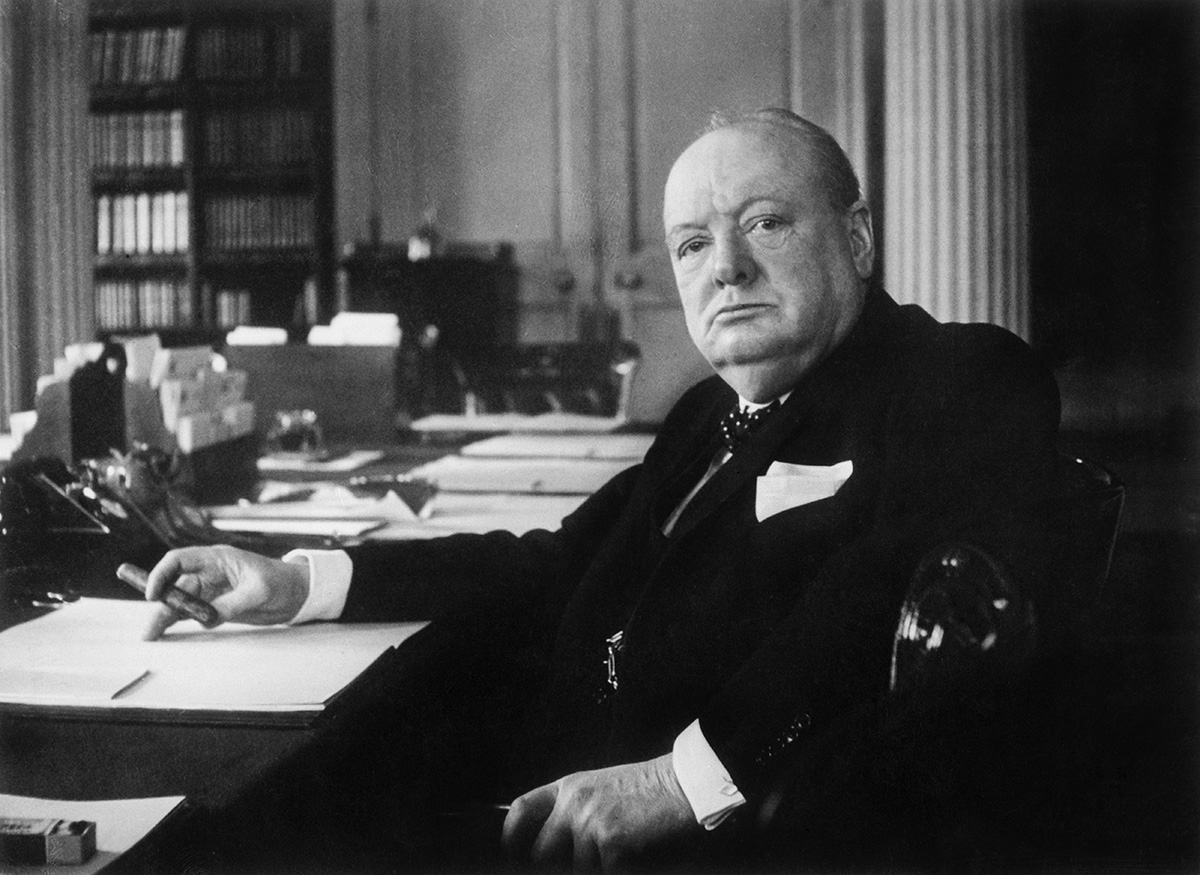Is any 20th century historical figure quite as divisive as Winston Churchill? Some hail him for his leadership in the United Kingdom during World War II; others are critical for his role in British imperialism of the period. Finding a historical figure who is without any flaws would be impossible, but Churchill’s stature and enduring profile mean that most discussions of him require wrestling with particularly dramatic shifts in tone.
This sense of wrestling with a complex historical legacy is very much on display in a review of 2 new books on Churchill in The New York Times. Kori Schake ventured into a pair of titles: Steven Fielding, Bill Schwarz and Richard Toye’s The Churchill Myths and Richard Toye’s Winston Churchill: A Life in the News.
At a time when Churchill is among the historical figures whose statues are targeted by protestors, what can these new books tell us about his legacy? Schake notes that both books attempt to put Churchill’s legacy into a specific context, stating that both “attempt to debunk the ‘great man’ theory of history.”
Both books explore Churchill’s influence on the media — both that of his time and in media depictions of him after his death. The authors of The Churchill Myths, Schake writes, “note that British culture clung ever more tightly to Churchill during the sunset of Britain’s international prominence.”
In her conclusion, Schake offers an argument that embraces both the pro- and anti-Churchill camps, writing that “we ought to be able to appreciate that a singular Churchill was both an unapologetic imperialist, with all the racist attitudes that entailed, and also a great statesman, a leader against whom all subsequent British politicians are measured.” It’s a concise take on one historical figure — though it also suggests that people will be debating Churchill’s legacy for years to come.
Subscribe here for our free daily newsletter.
Thanks for reading InsideHook. Sign up for our daily newsletter and be in the know.
















